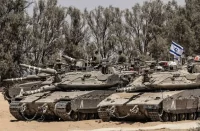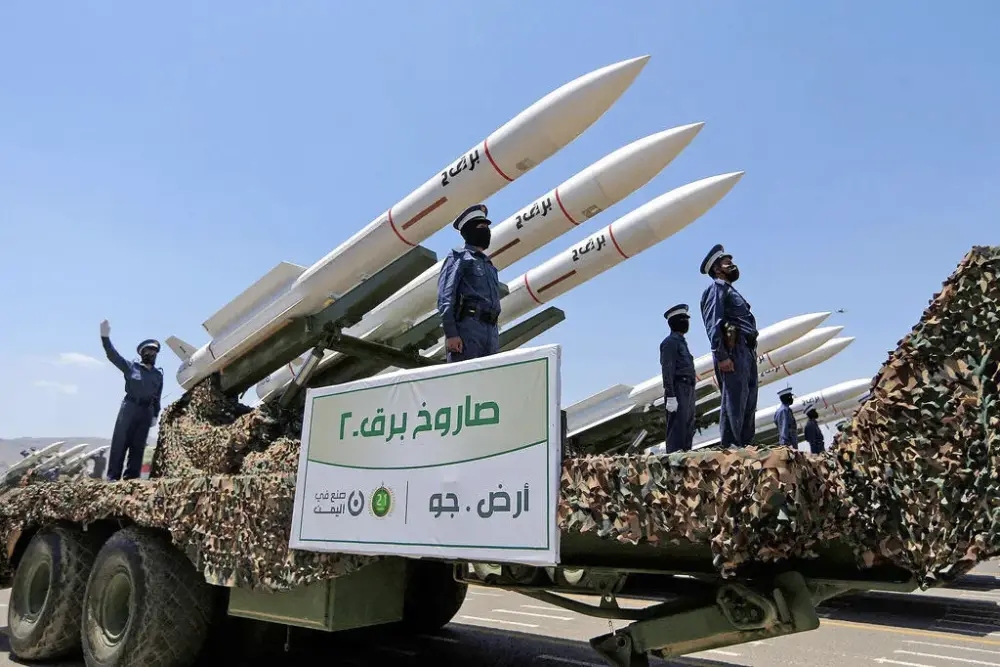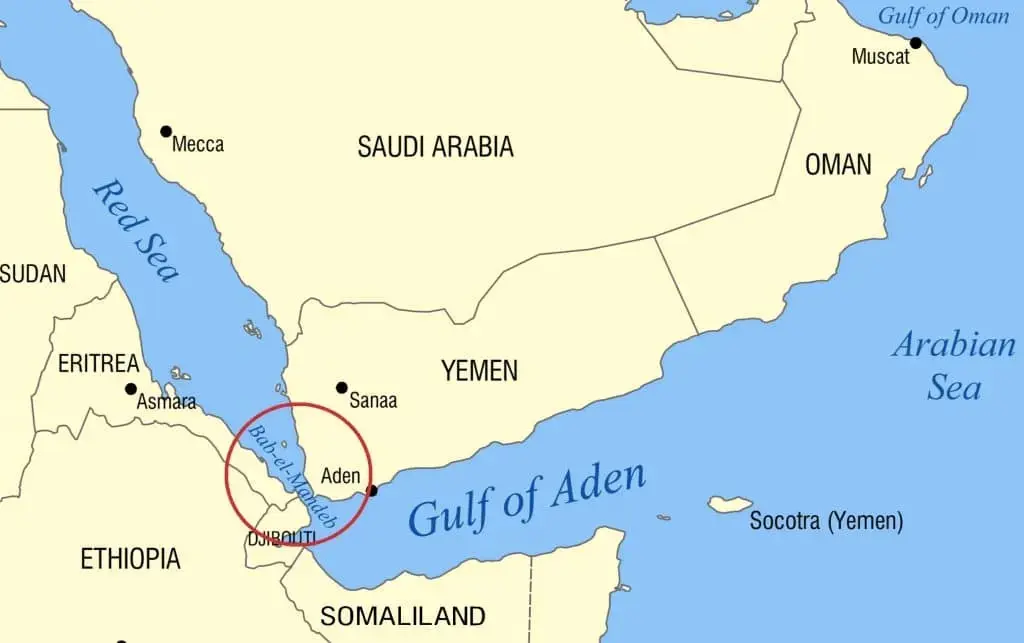Since its establishment in 1948, the state of Israel has always dealt with adversaries very close to its borders, adversaries which can be fought by land, sea and air. Syria, Lebanon, Egypt and the Palestinians, they all share land borders with Israel and they’re all considered as “traditional” adversaries of Israel. However, in the past 10 months, a very new and unique adversary has quickly risen to challenge Israel and its military might in the Middle East- it is indeed the Houthis of Yemen.
On the contrary of all “traditional” adversaries, Israel does not occupy Yemeni lands, while it still occupies the Golan Heights in Syria, a part of Southern Lebanon and huge parts of the state of Palestine – as per the UN registered maps. Even-though, Yemenis are Arabs and Muslims after all and they observe Israel as the occupier of the Muslim’s holy sights in Jerusalem and also as the oppressor of their “Arab brothers” in Gaza and the West Bank. This is not to mention, the horrible atrocities of Israel during the current Gaza war, which made the Houthis even more eager to launch attacks on Israel and escalate the armed confrontation further.
Another factor which could explain the rising Yemeni rhetoric and action against Israel, is indeed the Houthis alliance with the Lebanese group, Hizbollah. Hizbollah has always stood by the Houthis in their fight against the Saudi military collation, aiming to weaken and defeat the Houthis in Yemen. As a loyal reply to that, the Houthis decided to stand by Hizbollah in their long fight against Israel in Southern Lebanon, and thus, they have been launching aerial attacks on Israel and its interests in the region, since the very moment Hizbollah launched its latest operation after the “7th-October” attack on Israeli settlements – as full solidarity and support to Hamas group.
In addition, both Hizbollah and Houthis enjoy unlimited support from Iran and its powerful Revolutionary Guard, and since the latest is at wide regional confrontation with Tel Aviv, it is very logical to cooperate and direct the two groups to launch further attacks on Israel and its interests in the Middle East. This is not to say that Hizbollah or the Houthis work “by Iranian commands” but rather the three parties have mutual interests in fighting Israel – each for his own agenda. In other words, Hizbollah, Houthis and Iran have decided to team up in the struggle against Israel, hence the Houthis today feel more encouraged than ever to strike at Israel, opening new front and new stage in the Arab-Israeli confrontation.
The Houthis are not only well-equipped in arms but they also live in a top strategic location regionally and globally. Yemen is directly located on the “Bab Al Mandib” Strait, the naval gate connecting the Red Sea to the Indian Ocean, whereby over 12% of the world’s cargo pass through. This big advantage gave the Houthis the upper hand in targeting all Israeli ships or international ships heading to Israel through “Bab Al Mandib”, whether carrying arms or any other supplies. The previous tactic did not only damage the Israeli economy but also the tourism industry, especially in the portal city of Eilat, famous for it touristic beaches and active trading port.
Moreover, the Houthis actively use their power in the Red Sea to pressure the International Community to stop the Israeli war on Gaza and its innocent population. They do not only target Israeli ships, but also the ships of any country supporting Israel or trading with its government, hence, many British, American and other Western ships were targeted in the area – a dangerous development that dragged the US army directly into the conflict but has
not managed to stop the attacks of the Houthis, whether in the Red Sea or on Israel.
The major difference between Al Houthis and other adversaries of Israel is the geographical location itself. Yemen is not only located on the entrance to the Red Sea but also loaded with mountainous terrains which makes any foreign attempt for land invasion a very risky adventure. The Saudis with their coalition have repeatedly tried to defeat the Houthis on land, however they could not manage to do so for the past 9 years, despite being a strong neighboring country with one of the most advanced armies in the world. Logically, if Saudi Arabia and its rich coalition could not succeed in invading The Houthis’ regions, how could Israel with its limited-numbered army do so?!
Just last week, the Houthis managed to strike a building in central Tel Aviv, using an attack drone that flew all the way from Yemen and succeeded in deceiving multiple advanced air defenses. In other words, the Israeli confrontation with the Houthis opens a total new chapter in the Arabic-Israeli struggle, a chapter that makes Israel more vulnerable and less secure. This is especially with the not-small arsenal of long range missiles and drones which Houthis have acquired over the past 5-6 years. Apparently, the longer the land invasion of Yemen is postponed, the stronger the Houthis will get and the deadlier their strikes will be – this is if such an invasion is ever possible.
















Comments